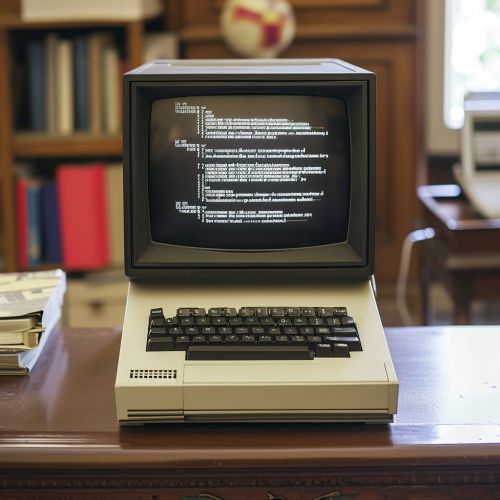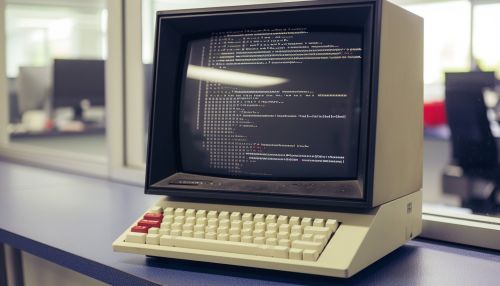Computer algebra
Introduction
Computer algebra, also known as symbolic computation or algebraic computation, is a scientific area that refers to the study and development of algorithms and software for manipulating mathematical expressions and other mathematical objects. Although computer algebra could be considered a subfield of scientific computing, they are generally considered as distinct fields because scientific computing is usually based on numerical computation with approximate floating point numbers, while symbolic computation emphasizes exact computation with expressions containing variables that have no given value and are manipulated as symbols.
History
The concept of computer algebra started with the development of the first computing machines, which included some of the functionality of modern computer algebra systems. The father of computer algebra was George Forsythe, who founded the Computer Science department at Stanford University. The first system that was similar to modern systems was Reduce, first developed in the 1960s. Other early systems were Mathematica and Macsyma.


Computer Algebra Systems
A computer algebra system (CAS) is a software program that allows a user to manipulate mathematical equations in a way that is similar to the traditional manual computations of mathematicians and scientists. The development of such systems has significantly expanded the possibilities of many areas of research and industry, as they have become a tool of choice in a number of fields where mathematical computations are required.
Applications
Computer algebra has a wide range of applications, including in engineering, physics, and computer science. In engineering, computer algebra can be used to solve equations that are too complex to be solved by hand. In physics, it can be used to calculate the properties of particles and systems. In computer science, computer algebra can be used in algorithms and data structures, among other things.
Algorithms
Computer algebra systems rely on a number of algorithms to perform their calculations. These algorithms can be divided into several categories, including algorithms for algebraic simplification, algorithms for polynomial and rational function manipulation, algorithms for solving equations, and algorithms for integration and differentiation.
Challenges
Despite the many advances in computer algebra, there are still many challenges to be faced. One of the main challenges is the development of algorithms that can handle the increasing complexity of the problems that need to be solved. Another challenge is the development of efficient algorithms for parallel computing.
Future Directions
The future of computer algebra is likely to be influenced by the development of new algorithms, the improvement of existing ones, and the integration of computer algebra systems with other types of software. There is also a growing interest in the development of open-source computer algebra systems.
